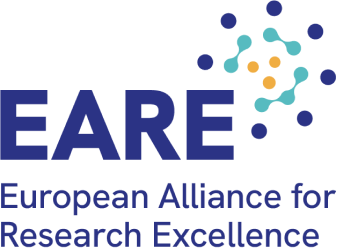
The European Parliament’s position on the Copyright Directive will hold back European research and innovation
The European Alliance for Research Excellence (EARE) is highly disappointed in the result of yesterday’s vote in the European Parliament on the Copyright Directive, especially in the limited Text and Data Mining (TDM) exception that was adopted (Article 3).
After the rejection of the JURI Committee report in July, the European Parliament had an opportunity to adopt a broader mandatory TDM exception, which would have allowed research and innovation to thrive in Europe and create jobs in important emerging fields like data analytics.
Unfortunately, Members of the European Parliament have reverted to the limited and optional exception voted in the JURI Committee, when better proposals were on the table.
We strongly believe that this optional exception, mirroring the one adopted by the Council, remains deeply flawed. Beyond failing to provide legal clarity to TDM users, it presents three key shortcomings:
- It will hinder Europe’s Artificial Intelligence (AI) ambitions. TDM is fundamental to the development of AI technologies. AI research in Europe is not only carried out by public actors and large companies. SMEs and startups, which are essential players in this area and need access to data, are excluded from the current scope of the exception.
- It will lead to market fragmentation. With the optional exception, some Members States will become TDM havens and attract Europe’s most innovative companies, SMEs, startups and public-private partnerships, while others will lose out. This goes against the objectives of the Commission to complete the Digital Single Market.
- It will encourage our best talents to leave Europe. By making TDM more difficult, Europe will incentivize its most promising innovators to go to countries with TDM and AI-friendly copyright laws, such as the US, China or Japan.
As the European Parliament and the Council enter into interinstitutional negotiations, we believe there is still a chance to adopt a simple broad and mandatory future-looking TDM exception, which would protect the interests of rightsholders while encouraging European innovation.
We hope that EU institutions will understand the importance of Article 3 for European researchers and innovators. We will continue to work with all stakeholders to ensure that Europe is at the forefront of the global AI race.


